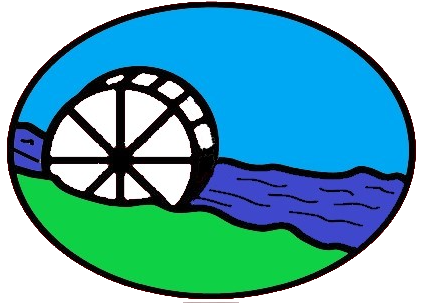ALN
ALN
From September 2024 the Additional Learning Needs Education and Tribunal (Wales) Act 2018 (ALNET) has been fully implemented. This has replaced previous legislation on a phased implementation timetable. This new Act aims for equity rather than equality and as such requires all classrooms and teachers to adapt to ensure that learning is accessible to all, regardless of needs.
The term SEN has been replaced by the term ALN and consequently SENCos are now being referred to as ALNCos. The previous stages named School Action, School Action Plus and Statements have now been replaced by terms such as Universal Provision, and pupils recognised as having ALN will need Individual Development Plans (IDPs). If your child goes into further education, IDP's can stay with them until they are 25.
The definition of ALN has also been altered and only pupils who require an Additional Learning Provision (known as ALP) beyond the Universal Provision offered at school, will require an IDP.
Universal Provision refers to extra support offered within school such as support with Numeracy, Literacy and nurture interventions. Teachers use a range of teaching styles and strategies. They will implement effective use of differentiation and / or use additional resources in order to meet the needs of every individual. Therefore the needs of the vast majority of pupils, formally recognised as School Action and School Action Plus, will be met through Universal Provision.
Definition of ALN
A child has ALN if he or she has a learning difficulty or disability (whether the learning difficulty or disability arises from a medical condition or otherwise) which calls for additional learning provision beyond the Universal Provision provided for all learners.
A child of compulsory school age that has a learning difficulty or disability if he or she;
- has a significantly greater difficulty in learning than the majority of others of the same age, or
- has a disability for the purposes of the Equality Act 2010 which prevents or hinders him or her from making use of facilities for education or training of a kind generally provided for others of the same age in mainstream- maintained schools
A child under compulsory school age has a learning difficulty or disability if he or she is, or would be if no additional learning provision were made, likely to be within sub section (2) when of compulsory school age.
A person does not have a learning difficulty or disability solely because of the language (or form of language) in which he or she is or will be taught is different from a language (or form of language) which is or has been used at home.
Additional Learning Needs in Wales - what's happening?
Implementing the additional learning needs system between September 2021 and August 2025: A guide for parents and families.
A Parent's Guide to Additional Learning Needs
Do you understand what the teacher is asking? Information for children.
Not happy with the support you're getting at school?
https://specialeducationalneedstribunal.gov.wales/children-and-young-people
ALN- A Parents Guide
Useful Information on ALNET Act and Appeals for Parents
Early Help
Early Help provides support to children, young people and their families as soon as problems start.
Early intervention can help children and young people to develop the skills they need to live happy, healthy and successful lives. It can improve the quality of children's home lives and family relationships, increase educational attainment and support good mental health.
